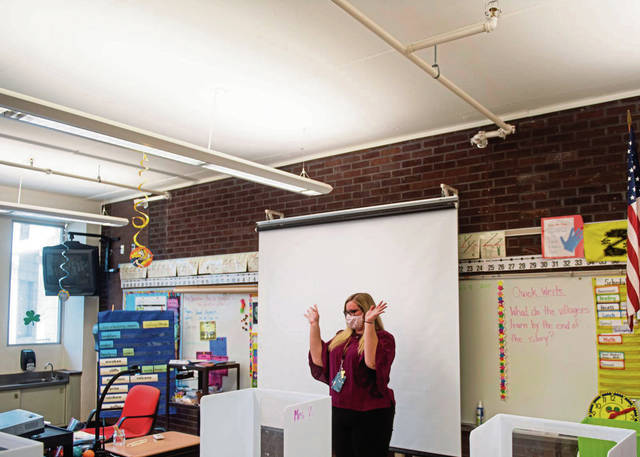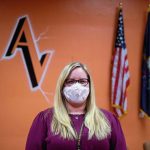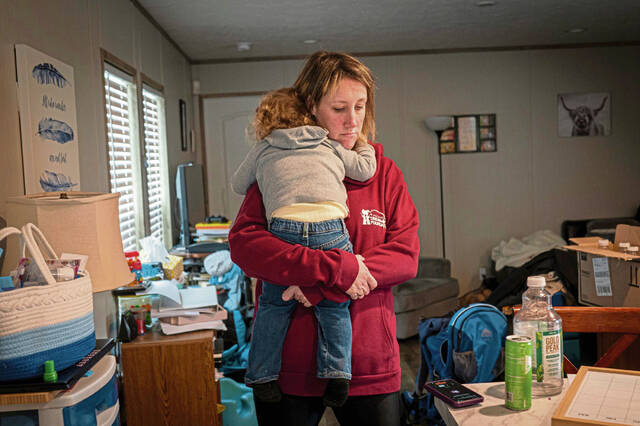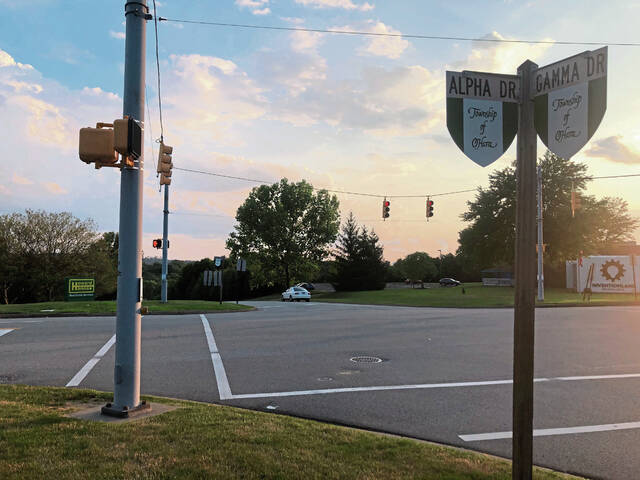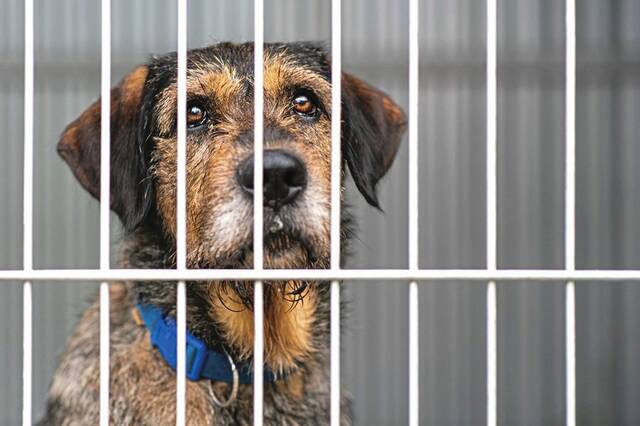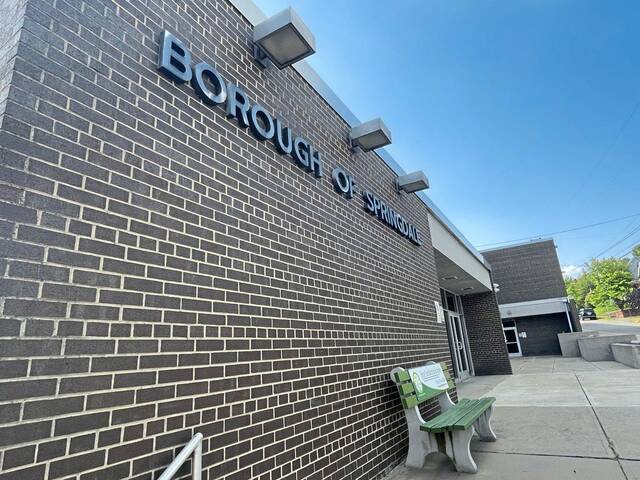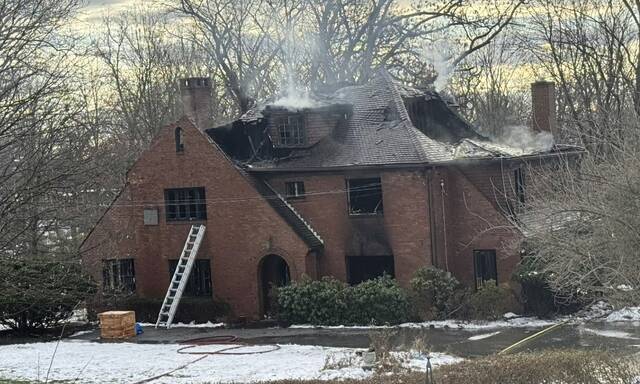This week has marked the return of students to in-person classroom learning four days a week in the Allegheny Valley School District. Superintendent Patrick Graczyk was made aware of something he hadn’t heard about in a while.
“While we were in our hybrid phase, it was quiet here. (Monday) was our first day having most of our kids back. And I finally heard for the first time this entire year that kids got in trouble for screwing around,” Graczyk said. “Those things weren’t happening.”
Not that Graczyk wants to promote misbehaving in school, but he saw it as a healthy sign.
The inability of students to interact with friends in ways that are meaningful during the pandemic has disrupted their learning. It’s a problem playing out in many school districts and has given rise to mental health issues for school-aged children, leaving them depressed and worried about their future.
Among other havoc wreaked by the pandemic, covid-19 has disrupted the very social nature of being a kid, Graczyk said.
“Even while kids have been here, it’s very peculiar to talk to someone with a mask on. And, at times, kids choose to be silent rather than being social,” he said. “It’s so important to let them have the ability to interact with their friends and have some fun and, most importantly, to learn and interact with their teachers.”
Kids are experiencing a lot of stress, said Danielle Britton, the district’s social worker.
“Kids who in the past maybe haven’t had stress about going to school, coming into the building and doing their work, now there’s this whole other heightened level,” she said.
Britton has worked in the district for only a couple of years but is credited with having an enormous impact on students because of her ability to connect with them on a personal level. She said the kids were worried when they were in the hybrid learning mode.
“When they were only going to in-person classes two days a week, we had kids who were stressed and saying, ‘OK, what if I miss this one day?’ ” she said. “We had kids who never had any trouble coming to school and maybe their attendance has declined a bit because they’re worried about getting sick, or they don’t like having a mask on the whole time.
“So, there’s this heightened sense of stress in kids who were never really stressed before.”
The younger students at Acmetonia Elementary have proven to be a little more resilient, according to school counselor Rebecca Garbisch. But she said the constant change in their routine caused by the pandemic has made it hard for some to adjust.
“Some students are struggling. They enjoyed being at home and now there are some separation issues because they’re used to being at home with mom and grandma, only having to come to school two days a week,” Garbisch said. “And now they’re having a hard time because they have to come back and change their routine again. In general, it’s harder for them.
“But some students are so excited to come back, I saw students in the hallway jumping up and down on Monday.”
The Springdale High School students have an assortment of worries, said Britton, everything from wondering if they’ll have the grades to get into college to going to the prom.
“There are kids saying, ‘Am I not going to get into college because I have a C in a class that I need as a prerequisite for college?’ I have someone I’m working with who’s worried about prom, asking what is prom going to look like? As a teenager, that’s a normal thing. You worry about ‘Who am I going to prom with? What am I wearing?’ ” Britton said.
“We may think as adults ‘that’s not something you should be worked up about,’ but prom is affected greatly for these kids because of the pandemic.”
The consensus among Graczyk and others in the district is that the best way to deal with mental health issues is getting students to discuss the things that are bothering them with Britton and Garbisch.
“I try to get them to look at things they were doing pre-pandemic that they are still doing now,” Britton said. “I always say, ‘Let’s look at the positive side of things. Are you still playing basketball with your friends? Are you still having dinner with your parents every night?’ Little things like that.”
Britton said she has been leading online support groups.
“Having kids talk about their feelings, maybe some things they’re feeling at home or at school, to check in with kids.”
Someday the pandemic will end, but that doesn’t necessarily mean things will go back to exactly the way they were. Acmetonia Elementary school’s preK-3 principal, Gregory Heavner, a school counselor for 22 years, said some students, particularly the older ones, have enjoyed and even thrived while being isolated at home.
“There are some kids that are very suited for this. We’ve have kids who are excelling at this as opposed to having in-person instruction. They’re comfortable at home. They’re doing the work they need to do,” Heavner said. “Some students enjoy that isolation.”
Britton said she knows of one family where one sibling prefers to be at home while the other wants to come back to school full time.
“I think it just goes back to the learning style of the kids. And we know how to do online learning, we know how to do Google classrooms, we know how to use those moving forward.”
And now that the Allegheny Valley School District, like others, has developed the ability to communicate with students who are more comfortable at home, Graczyk said he doesn’t see things going back to exactly the way they were before the pandemic.
“We’ve learned too much,” Graczyk said. “We know we can counsel kids from home. We’ve learned that you don’t physically have to be in a classroom to get educational benefit. We’ve learned that there are parents who want to be with their kids (while they’re learning). They like it that way.
“I don’t believe that we’ll go completely back to what we had before.”



